Burundian President Évariste Ndayishimiye has voiced concerns over the marginalization of the Batwa ethnic group, urging their full inclusion in Burundian society. Speaking during a church service at the Vision of Jesus Christ Church in Cibitoke neighborhood of Bujumbura, the country’s economic capital, on Sunday, Ndayishimiye called on all Burundians to unite in recognizing the Batwa as an integral part of the nation.
“Hutus and Tutsis must come together and affirm that we need to recognize the Batwa as full members of society,” said President Ndayishimiye.
The president advocated for affirmative action to facilitate the Batwa’s integration, emphasizing that they have long been neglected despite being equal citizens.
“It is time to discuss positive discrimination to ensure the Batwa are integrated and regarded as full-fledged citizens. They are part of Burundi and must be recognized as such because they have been marginalized and continue to be,” he added.
Ndayishimiye’s remarks come amid growing concerns over the underrepresentation of the Batwa in politics and education. During an extraordinary general assembly held in December, Vital Bambanze, executive director of the Association of Indigenous Peoples of Burundi (UNIPROBA), expressed alarm over the declining Batwa representation. He accused some members of the Hutu and Tutsi communities of fraudulently enlisting in the army and police under false Twa identities.
“We frequently observe Hutus and Tutsis enrolling in the defense forces by falsely identifying as Twa. This fraudulent practice must be addressed. Those involved should be dismissed and sanctioned,” Bambanze said, emphasizing the urgent need for better Batwa representation, including in legislative bodies.
Bambanze also highlighted the significant challenges the Batwa face in accessing education. Stressing that education remains a crucial issue for indigenous communities, he urged local authorities to promote schooling among Batwa children.
“The stigma surrounding the value of education in our communities must be eliminated,” added the former senator representing the Twa community in Kirundo Province, northern Burundi.
Burundi’s 2018 Constitution guarantees equality for all citizens and includes specific provisions to ensure representation of the country’s various ethnic groups, including the Batwa. Article 169, paragraph 1, mandates that the National Assembly be composed of at least 100 members, with 60% Hutus, 40% Tutsis, and a minimum of 30% women. Additionally, three parliamentary seats are reserved for the Twa (Batwa) under the electoral law.
In 2023, the National Independent Human Rights Commission (CNIDH) acknowledged persistent challenges faced by the Batwa, including land ownership issues, and urged the government to address them.
Despite these ongoing difficulties, the CNIDH recognized significant progress in Batwa education since 2009. The commission cited an increase in the number of Batwa children attending both primary and secondary education. It reiterated that Batwa must enjoy the same human rights as all other Burundians.

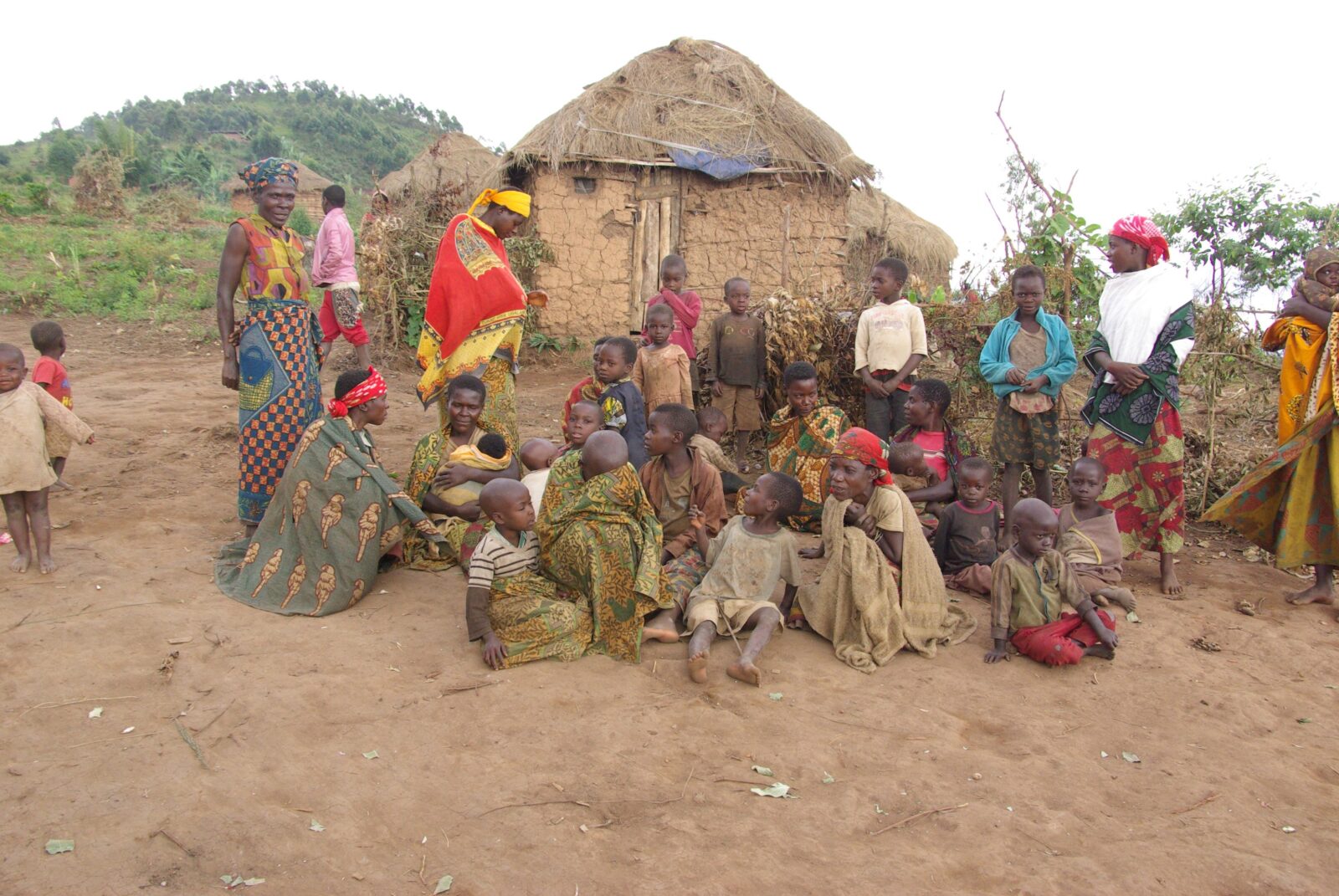
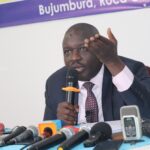
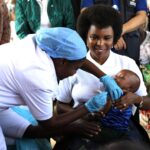
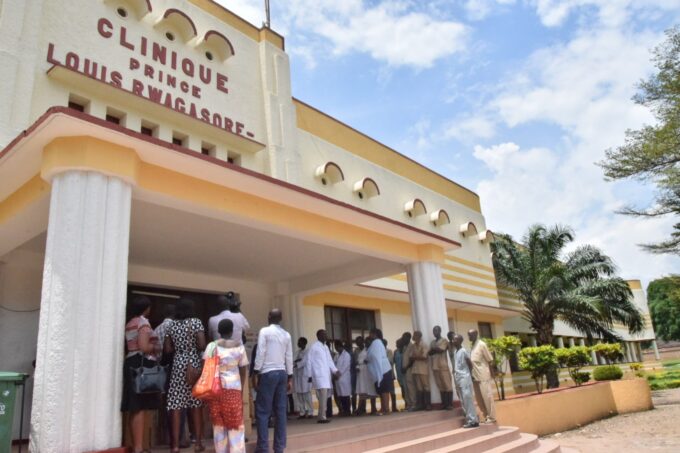
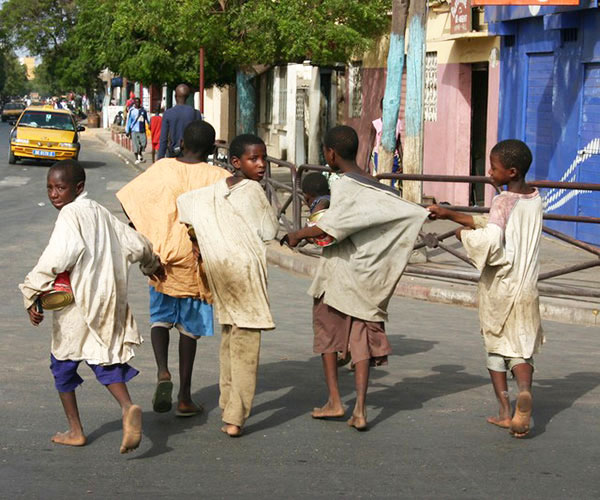
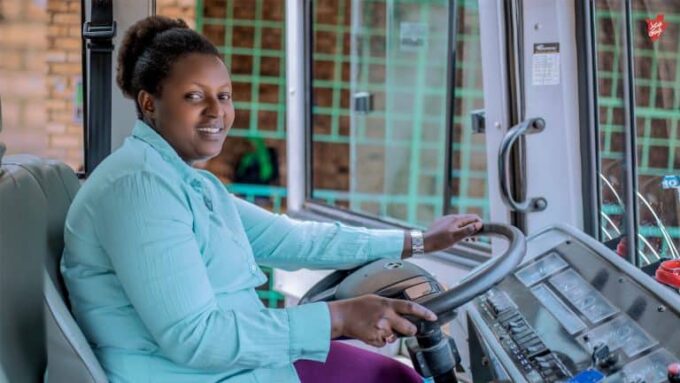
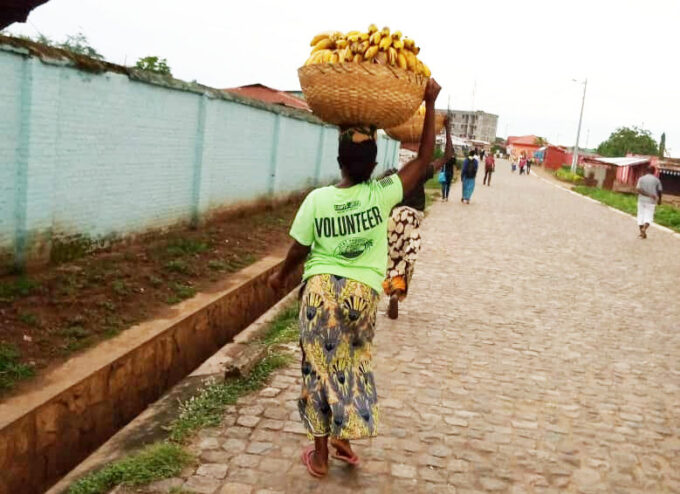
Leave a comment